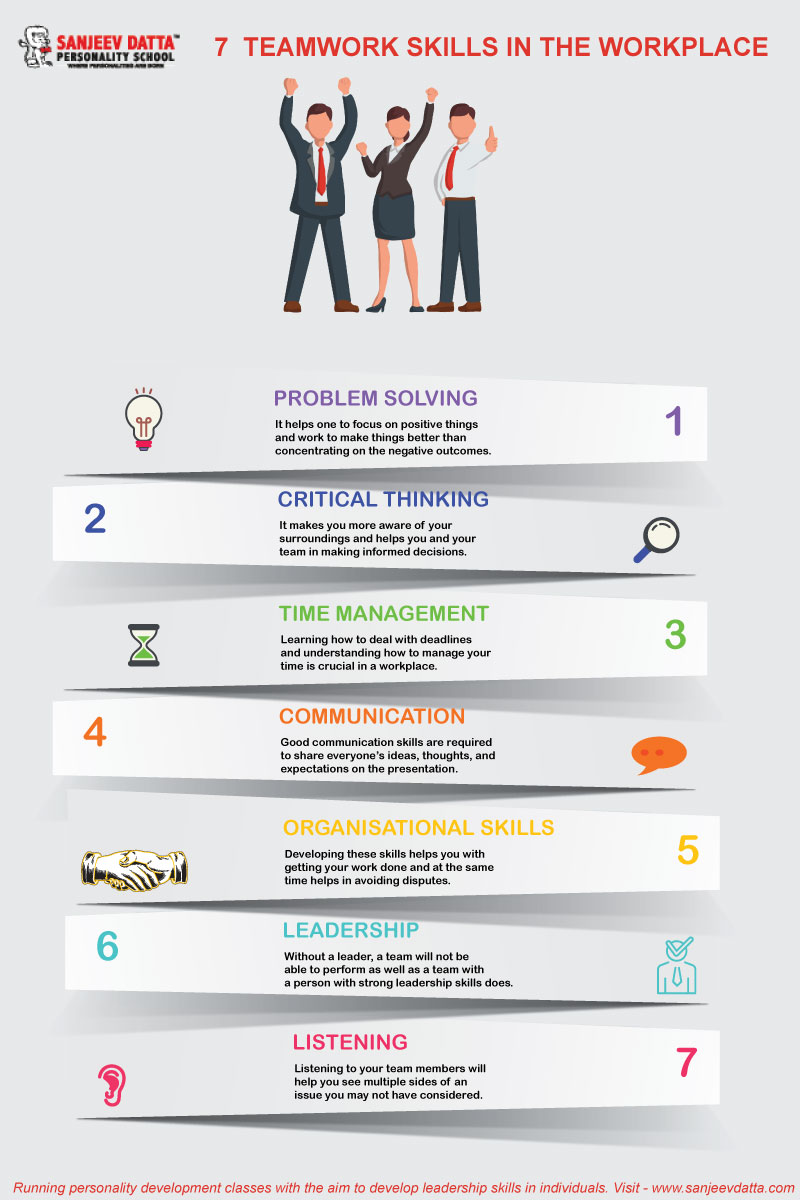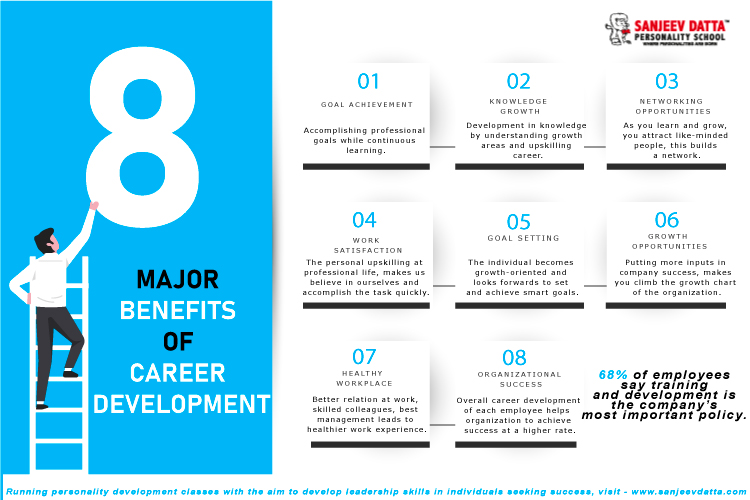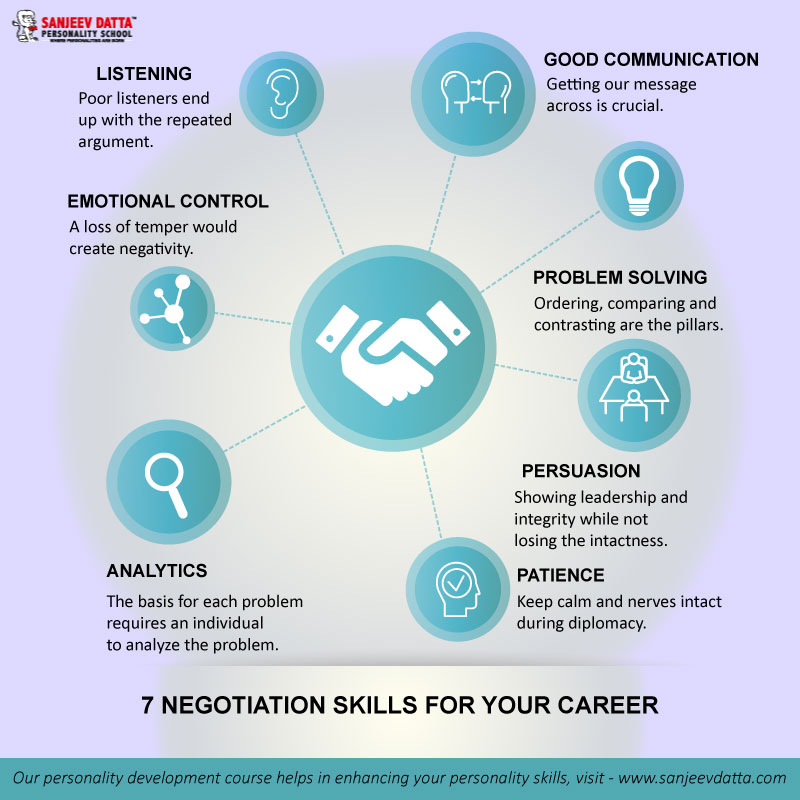Also called Corporate Education or Workplace Learning, corporate training is a system of activities meant to educate people about their jobs. The benefits of corporate training not only benefit companies also benefit employees, as they are able to acquire and refine information and skills that will help them advance professionally and individually.
In bigger firms, the development or talent teams are responsible for training the staff, whereas human resources are responsible for training the employees in smaller companies, and the training also includes personality development courses. Training program themes and needs must be identified, and they must make them available to workers for their review and consideration. Each of them is responsible for developing the strategy and roadmaps for employee experience.
Visit: importance of motivation
The size, variety, and peculiarities of a company’s operations can all influence the training programs offered. Corporate training programs fall into several categories, which are outlined below:
- Introduction and Orientation to a New company:
This type of training begins as soon as a newly recruited employee arrives on the job and continues until the person can work on his or her own. The principal goal of the program is to streamline the new employee adaption process, allowing them to feel more comfortable and become more productive sooner.
- Training in Compliance with the Law:
The obligatory nature of compliance training makes it a common element of the onboarding process for new hires. Employers and workers can prevent issues in the workplace and breaches of the law through this structured program.
Visit: how to improve social intelligence
- Training in Difficult Skills:
Everyone has space for development, no matter how professional they are. In terms of employee development, hard skills are essential since they enable people to build the abilities they need to succeed.
- Training in Soft Skills is Essential:
Soft skills training is just as vital as hard skills training, since how your workers act is just as important as what they know. Study after study has demonstrated that individuals who master soft skills have a favorable impact on the company’s profitability and ROI.
Visit: soft skills activities
- Learning About a Product:
If your staff members are well-versed in the products you provide, they can comfortably discuss them with consumers. For new recruits, this training is typically included in the onboarding process.
Major Benefits of Corporate Training:
Any business’s success depends on its ability to train its employees. Investing in your workers’ education and professional development will have a positive impact on your organization. The following are at least four reasons why this is important.
- Increase in Efficiency:
Workforce productivity and efficiency increase with well-designed training that fits the demands of the employees. Over time, these changes will increase the profitability of your business.
Visit: performance enhancement tips
2. Intensification of Motivation:
Participants in training programs become members of a single organizational structure. Knowing how their job function contributes to the mission and goals of their firm helps employees create a distinction between “my work” and the success of their organization.
3. Reduction in the number of people that leave the company:
Young professionals, according to surveys, want more than just a wage. This generation (aged 22-37) places a high premium on flexibility, professional growth, and a feeling of purpose in the workplace. If they are dissatisfied with their current position, they are more likely to move.
Visit: how to handle nepotism at work
4. The development of a Corporate Culture:
Corporate values and strategy are aligned when training is of a high standard of quality. The fact that a business is prepared to invest in its employees beyond the fundamentals demonstrates that it is committed to the long term. It gives the message to employees that “You matter to us.”
How to deliver corporate training?
Many alternatives are available to you here. You, as a business, oversee decide what’s best. The following are some ideas to get you started:
- Personal/classroom-based instruction: If you’re seeking to educate your staff in one place, this is a good option for a tiny firm. For organizations with staff in various locations, it’s not ideal for customer and partner training or straightforward to maintain.
- Learning management system (LMS): It is a tool that your workers, partners, and customers will benefit from training delivered through an LMS since it is scalable and efficient.
- Blended Learning: Using conventional teaching with technology to create a more comprehensive training experience is known as blended learning. If you want to provide an intimate teaching approach to a large audience, webinars are a fantastic alternative.
Visit: importance of career development
Set yourself attainable goals:
Only when you have well-defined goals for your training can it be considered worthwhile. With each new form of training that your organization offers, you must decide on and create attainable objectives. For a firm that implements staff training, it may mean a 25 percent increase in employee retention.
As a result of customer training, product adoption may be increased by 15 percent. Consider setting a measurable goal to determine the impact of corporate training on your firm.
The benefits of corporate training are much broader and more varied than most people realize. Everything comes down to cost-effective internal improvements for the most part. However, corporate training requirements differ from firm to organization.
Our personality development course focuses on teaching performance skills to the persons who have chosen their respective fields and are willing to grow & excel themselves. It involves acquainting them about various aspects that can lead to success, developing business managing skills and how to work towards achieving success. Sanjeev Datta is the top corporate coach of India, who believes in developing leaders of tomorrow.














